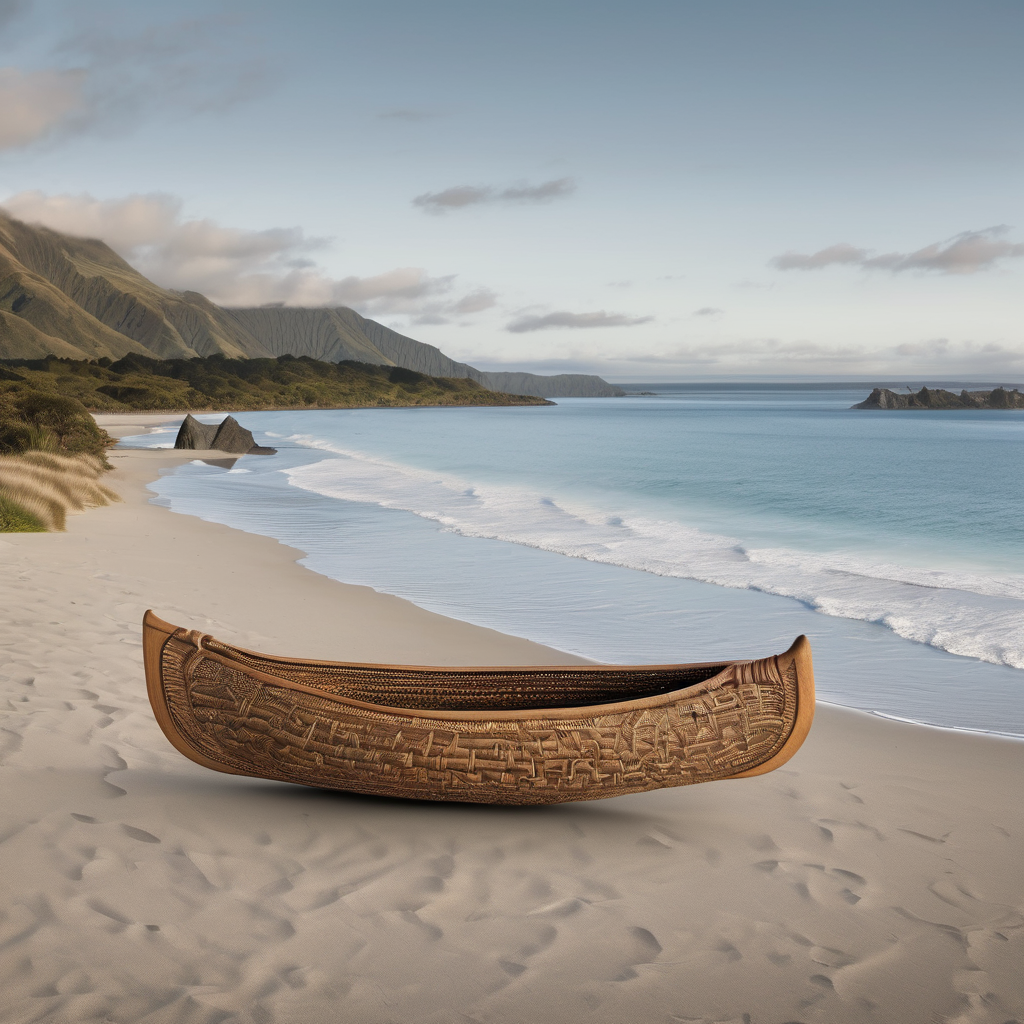A recent proposal by the New Zealand Government to amend the Marine and Coastal Area (Takutai Moana) Act has raised significant concerns among Māori communities and garnered attention from Pacific nations. The intended changes are viewed as harmful to the rights of Māori iwi and hapū, complicating their ability to secure legal acknowledgment of their ancestral territories over the country’s oceans and coastlines. Veteran Māori activist Reuben Taipari has characterized these amendments as a “massive confiscation,” outlining the potential ripple effects for Pasifika peoples as well.
Taipari highlighted the interconnectedness of Māori rights with those of all immigrant communities in New Zealand, advocating for a unified front among Pacific nations. He warned that any erosion of Māori rights could set a precedent for broader implications affecting others. The profound connection that Pacific communities have with the ocean is intrinsic to their cultural identities, making the government’s proposed changes particularly concerning.
The Marine and Coastal Area Act, established in 2011, enables Māori to seek Customary Marine Title, thereby recognizing their ancestral claims to specific coastal zones. However, the law requires evidence of exclusive use dating back to 1840, a process already seen as rigorous. Justice Minister Paul Goldsmith has defended the proposed modifications, suggesting they aim to restore the law’s original purpose, a narrative rejected by detractors who liken it to past colonial actions.
The situation evokes memories of the highly contentious Foreshore and Seabed Act of 2004, which sparked widespread Māori protests and was ultimately repealed due to public outcry. Notably, even former National Party politicians, such as Chris Finlayson, have criticized the government’s current direction, fueling fears that these amendments may undermine the Treaty of Waitangi and democratic principles in New Zealand.
In the face of escalating political challenges—with backward steps regarding Māori wards and increased public criticism of the Māori language—Taipari’s call to action resonates deeply, emphasizing pride in cultural heritage and collective resilience. Leaders across the Pacific community are reinforcing this message, asserting that the proposed reforms threaten a shared commitment to equality within New Zealand. Tagaloatele Professor Peggy Fairbairn-Dunlop stated that the safeguarding of Indigenous rights is essential for the elevation of rights for all communities.
As the government pushes ahead with these changes without significant public consultation, opposing parties such as Te Pāti Māori, Labour, and the Greens pledge to reverse these amendments if they come into power. The Green Party has heavily criticized the Marine and Coastal Area Amendment Bill as a betrayal of Māori rights, suggesting that profit is being prioritized over the preservation of vital cultural heritage.
Against this challenging backdrop, it is imperative for both Māori and Pacific populations to engage in advocacy, participate actively in discussions, and vocalize their opposition to the proposed legislation. The struggle for marine rights transcends mere legal issues; it is fundamentally about representation, belonging, and the protection of rights that, once compromised for the Māori, may lead to further setbacks for Pasifika communities. In Taipari’s poignant reminder, the ocean serves as a connection point that calls for solidarity and collective resistance against any divisive measures.
